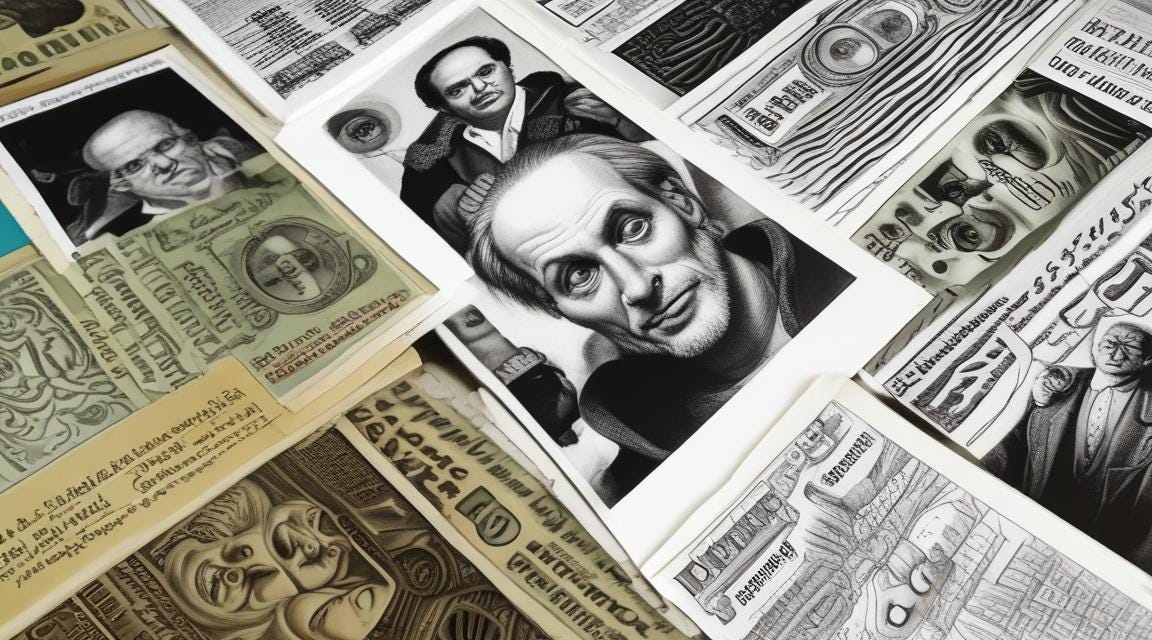In today’s world, the phrase “conspiracy theory” often carries a dismissive tone, used to discredit those who question official narratives or delve into unconventional lines of inquiry. However, the term’s origins and true significance reveal a deeper, more nuanced role in public discourse—one rooted in the essence of critical thinking and scientific inquiry.
The term “conspiracy theory” entered popular use around the mid-20th century, gaining particular prominence after the assassination of President John F. Kennedy in 1963. As public skepticism mounted regarding the official explanation of events, the CIA allegedly weaponized the term to discredit dissenters. Documents released through the Freedom of Information Act revealed that the agency encouraged the use of “conspiracy theory” to label those questioning the Warren Commission’s findings. This marked the beginning of its modern, pejorative use: a label applied to individuals who sought alternative explanations for complex, often politically charged events.
However, at its core, a “conspiracy theory” is simply a theory involving the idea that two or more individuals conspired in secret to achieve a particular outcome. This notion is neither inherently irrational nor paranoid. In fact, history is filled with real conspiracies—from Watergate to COINTELPRO, governments and powerful individuals have indeed worked behind closed doors to shape political, social, and economic landscapes.
The act of questioning narratives, investigating hidden motives, and exploring alternative possibilities is foundational to the scientific method. Theories are born out of curiosity, suspicion, or gaps in available information, and only through rigorous investigation and collaboration can we determine whether these ideas hold merit. In this light, collaborating with others to develop theories—whether in the realm of science, politics, or history—is a natural and necessary process for uncovering truth.
When we label something a “conspiracy theory” too hastily, we risk stifling legitimate inquiry and reinforcing established narratives without due scrutiny. This is particularly troubling in a world where powerful institutions often have a vested interest in maintaining certain perceptions. Indeed, without skepticism, we may never have learned the full truth about historical conspiracies that began as mere theories.
It’s time to reconsider the term “conspiracy theory” and recognize that its true significance lies not in discrediting ideas, but in promoting thoughtful investigation. Theories—whether popular or fringe—should be judged on their evidence, not prematurely dismissed because they challenge mainstream thought. In the end, the pursuit of truth depends on our ability to question, collaborate, and investigate the world around us, even if that means considering the possibility of a conspiracy.




